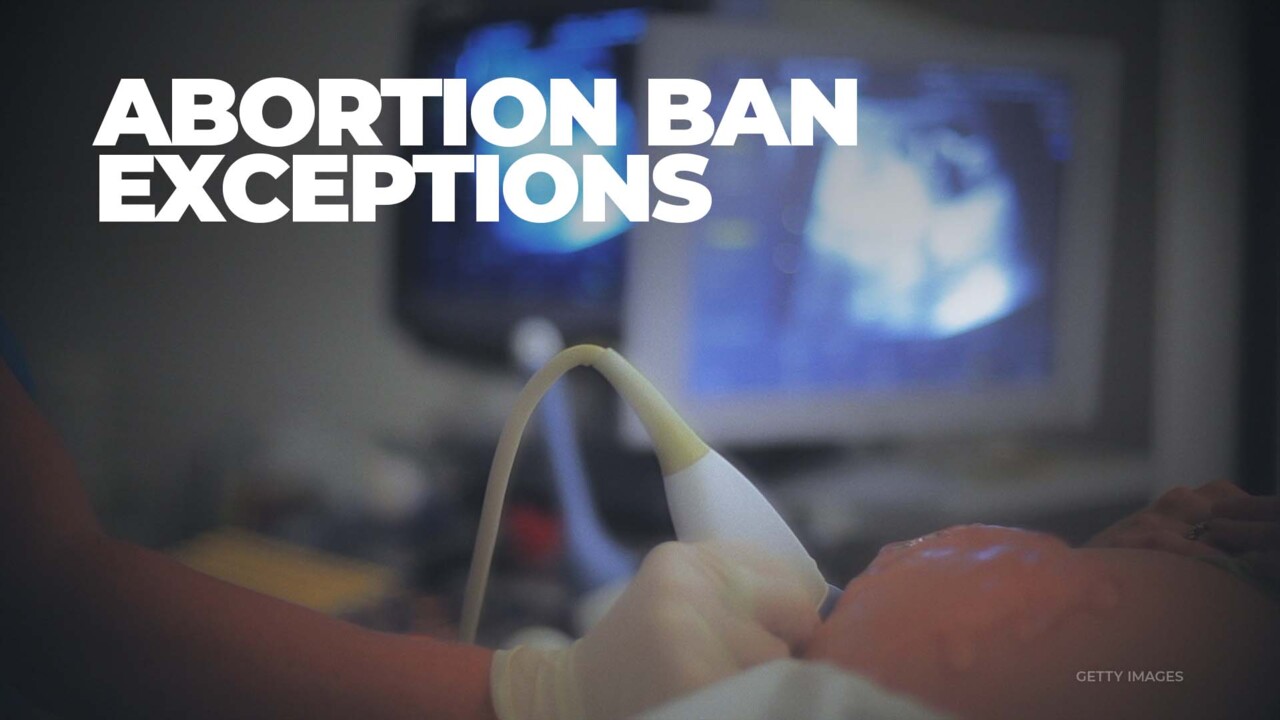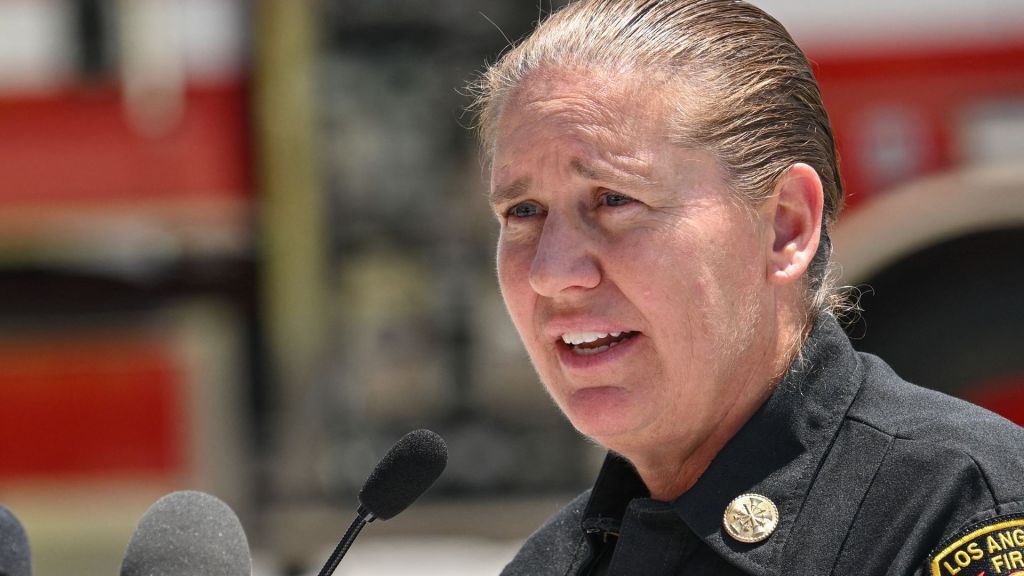
The Justice Department says federal law requires doctors in states where abortion is illegal, to perform the procedure under emergency circumstances. If a doctor or hospital refuses, they could both be fined nearly 120 thousand dollars per violation.
The Emergency Medical Treatment & Labor Act requires hospitals to assess and stabilize a patient regardless of their ability to pay. If they cannot, they must transfer the patient to another hospital that can. In the wake of the Supreme Court’s Dobbs decision, the Centers for Medicare and Medicaid Services put out new guidance that states: If a physician believes a pregnant patient is experiencing an emergency medical condition, and abortion is the stabilizing treatment necessary to resolve that condition, the physician must provide that treatment.
It goes on to say: When a state law prohibits abortion and does not include an exception for the life and health of the pregnant person, that state law is preempted.
The Department of Health and Human Services has also released new guidance stating the Affordable Care Act requires private insurers in all states to cover birth control and emergency contraceptives at no additional cost. Straight from DC, I’m Ray Bogan.










